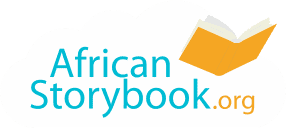African Storybook Mini Review: Free Reading Practice
African Storybook
Summary
Struggling to find beginner-level Afrikaans or Yoruba reading materials? Spanish books relevant to Equatorial Guinea instead of Spain or Colombia? Stories in Nigerian Pidgin or Cape Verdean Creole? African Storybook has thousands of free-to-read children’s stories in various African languages, from Acholi through to Zinza. Most of them were written by African authors. The website is best for beginner and lower-intermediate students. The stories are generally designed for young children, with easy-to-read sentences that introduce you to basic vocabulary and some variation in tenses. The difficulty is graded from one to five, with five being the most challenging. You can normally find the English translation of the book, too, although you would probably be better off using a dictionary. Don’t give up if at first you don’t see your language on the website. Some languages have been entered with their English name, others with their original name, and others under several different names. For example, for Swahili, you would need to look under “Kiswahili”, while French texts are under “French”. Frustratingly, not all languages on the dropdown menu currently have texts. According to African Storybook, they have a greater number of books for languages in Kenya, Uganda, and South Africa. However, as this initiative continues to grow, hopefully they’ll have stories for more and more languages.
African Storybook Mini Review: Free Reading Practice Read More »










